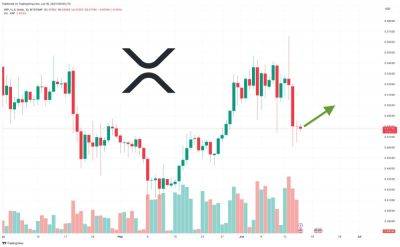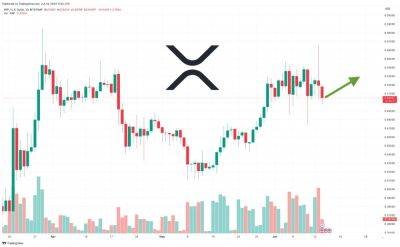The power of Fastex's POSA consensus: Empowering validators and businesses alike
"Stakers and validators usually don't care about the blockchain platform they're using, they don't care about its health. We want to change that," said Pavel Aramyan, Blockchain Program Lead at Fastex and one of the guests at Cointelegraph's live. "We want to actually reward validators and businesses and encourage them to provide value to users."
And Fastex is doing that with its Proof-of-Stake-and-Activity (POSA) consensus mechanism, which was unveiled earlier this year on the Fastex Bahamut chain and was one of the main topics of Cointelegraph's recent AMA, among other Fastex projects.
"The differe nce between POSA and other consensus mechanisms is that it takes into account the activity of the gas usage of smart contracts," Aramyan said. "In simple terms, if you have a business that runs on smart contracts and is deployed on the Fastex chain, the more usage your business and application gets, the more blocks you'll propose and fees you'll generate from the network."
This means that by attaching smart contract addresses to validator addresses, companies on the Fastex chain can accumulate activity based on the gas usage of their smart contracts. This activity determines their chances of becoming a block producer and generating fees from the network.
This unique approach offers endless opportunities for businesses, with both traditional and decentralized services. Especially for Web2 businesses the transition to blockchain can be challenging due to the fear of losing control and valuable user data. But with POSA, a company can focus solely on the growth.
"There are endless possibilities for this activity blockchain parameter, and we think all consensus mechanisms should take this into account because it drives companies and
Read more on cointelegraph.com






















